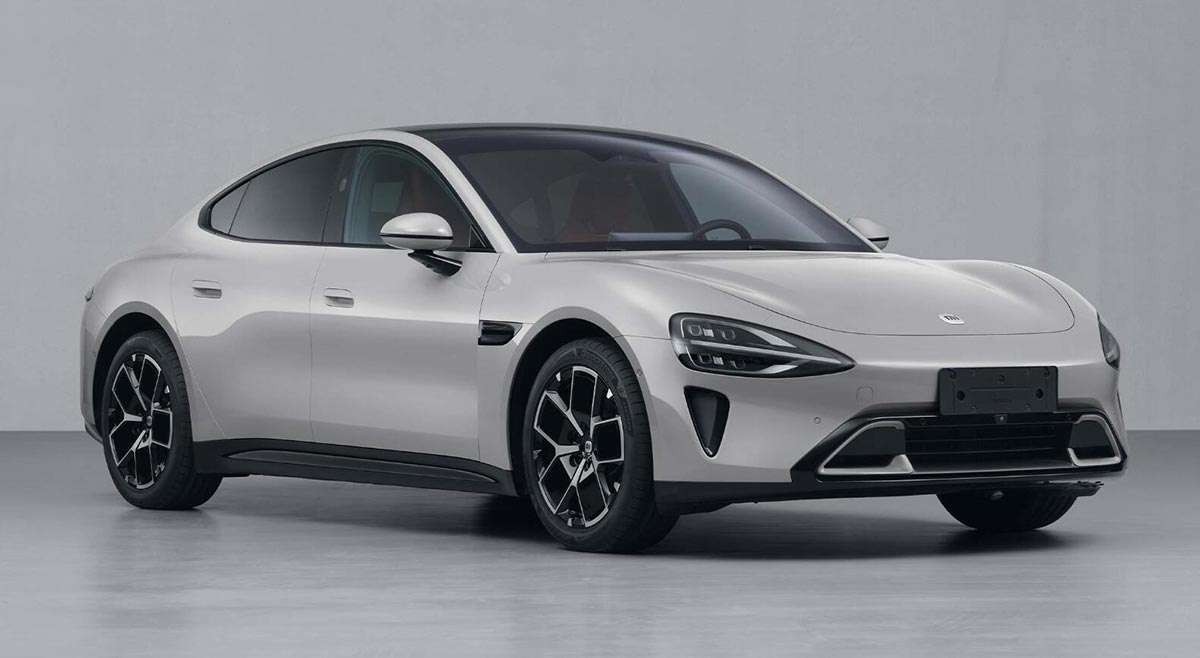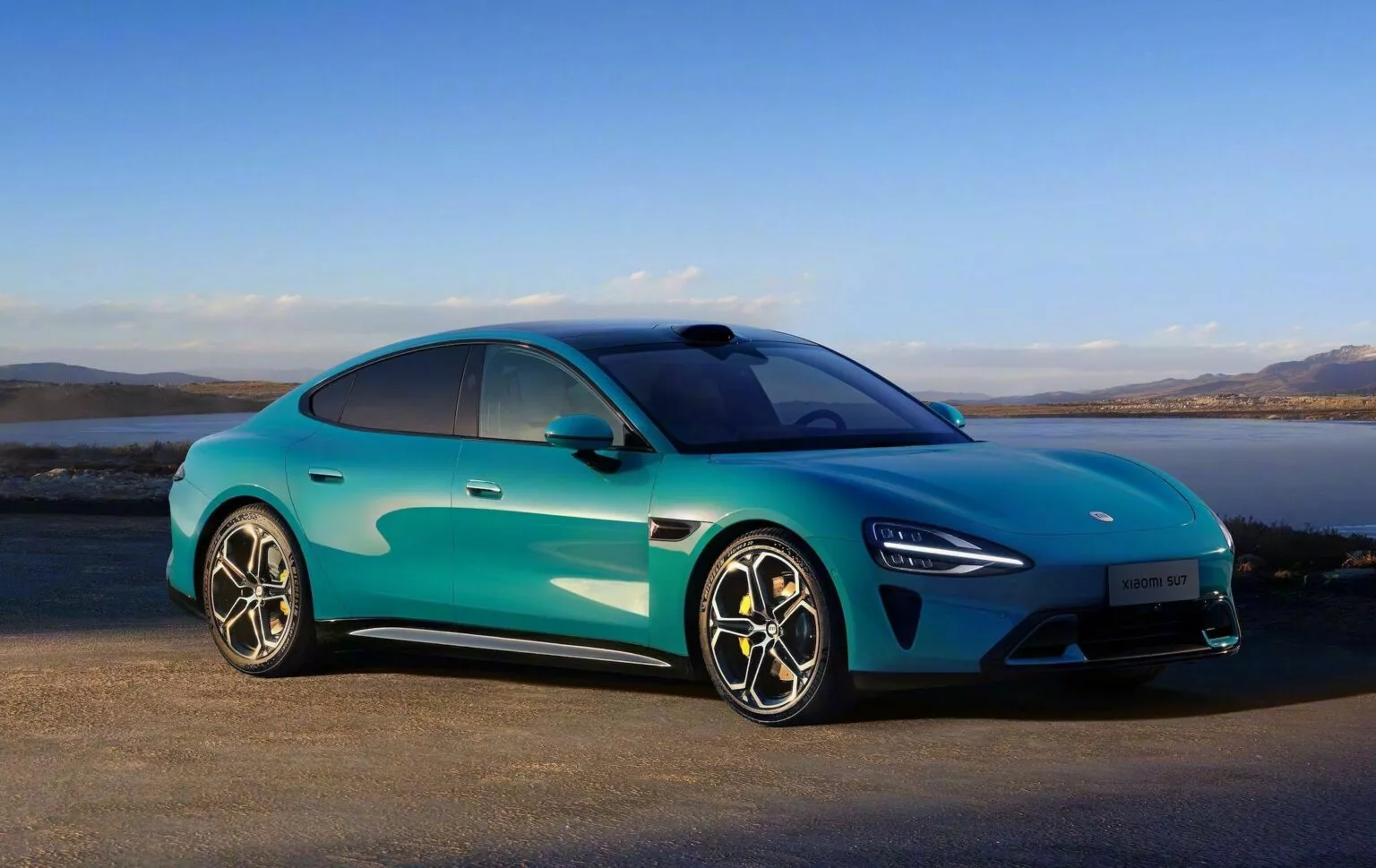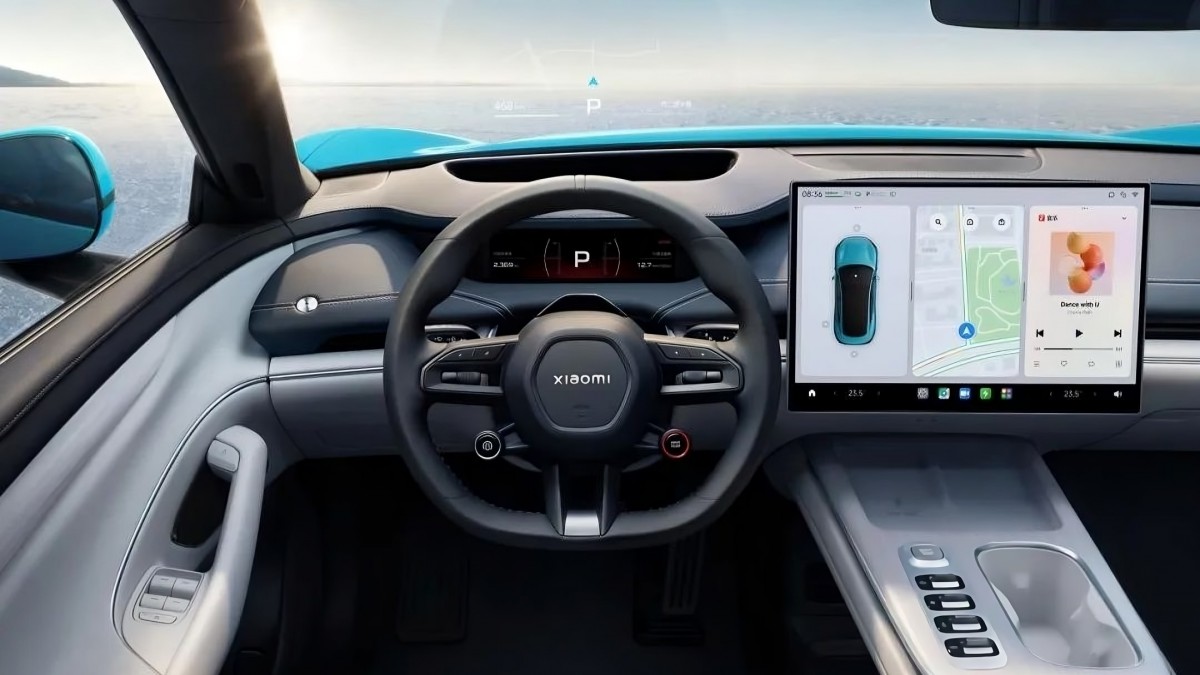Chinese smartphone giant Xiaomi is set to diversify its product lineup to include hybrid models, following the recent disclosure of its inaugural electric vehicle (EV) model in a regulatory filing last month.
According to a report by local media outlet AutoPix, Xiaomi has outlined plans for three new models, with the first two being battery electric vehicle (BEV) models named Modenat and Lemang, and the third being a hybrid model named Kunlun. The company is expected to officially launch Modenat next year, with Lemang also being a BEV, while Kunlun will serve as a hybrid.
Earlier speculations suggested that Xiaomi’s third model might feature extended-range technology, but a source close to the company’s research and development team indicated that, as of November, Kunlun was still in the process of transitioning from conceptual design (E1) to the detailed design stage (E2), as reported.
While Kunlun is confirmed as a hybrid, whether it will be a plug-in hybrid (PHEV) or an extended-range electric vehicle (EREV) remains uncertain during this design phase.
Regardless of the final hybrid configuration, the decision to introduce a hybrid model as the third offering aligns with Xiaomi’s strategic move to expedite sales growth. The broader context in China’s new energy vehicle (NEV) market reveals a notable increase in retail sales of hybrids, which grew at an 83 percent year-on-year rate during the January-October period, outpacing the 19 percent growth in BEV sales, as per data from the China Passenger Car Association (CPCA).
Industry experts suggest that hybrids could gain market share from traditional fuel vehicles at a faster pace, a trend anticipated to continue for the next year or two.
Xiaomi, which has dedicated nearly three years to prepare its first model, Modenat, intends to streamline its subsequent new car development cycles. The company aims to maintain an accelerated pace, unveiling at least one new car annually in the future.
Xiaomi’s car factory in Yizhuang, Beijing, has ambitious goals for December, aiming to produce 300 vehicles, a significant increase from the previous month. However, the reported production boost is primarily intended to meet the demand for show cars, with mass production expected no earlier than the first quarter of the coming year.
On November 15, Xiaomi’s first EV model, the SU7, completed a crucial regulatory process, signaling its inclusion in a filing catalog with China’s industry regulator. Mass production is anticipated to commence in December, with an official launch scheduled for February next year, according to local media reports. The Beijing car factory has reportedly conducted small-volume trial production, with several vehicles already produced in preparation for the upcoming launch.




